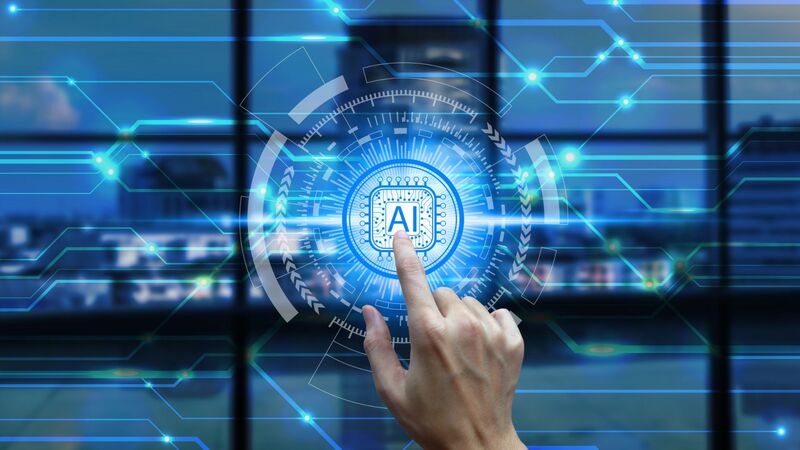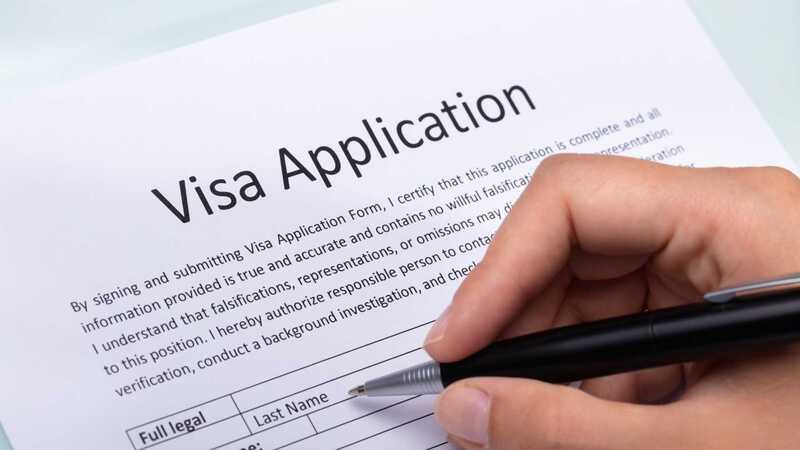AI in HR: Transforming Recruitment and Workforce Management in Malaysia
Market InsightAugust 29, 2025 10:00

AI in HR: Transforming Recruitment and Workforce Management in Malaysia
As Malaysia accelerates its AI ambitions, Artificial Intelligence is increasingly reshaping HR functions from recruitment and onboarding to workforce analytics and compliance. For HR professionals, business leaders, and recruiters, understanding how AI in HR Malaysia drives efficiency, fairness, and strategic decision-making is crucial in the digital era.
1. AI-Powered Recruitment: Faster, Smarter, Data-Driven
-
AI-enhanced Applicant Tracking Systems (ATS) are streamlining recruitment in Malaysia by automating resume screening, candidate shortlisting, and interview scheduling—reducing hiring timelines and minimizing human bias.
-
Predictive analytics tools now assess candidate fit, forecast future attrition, and recommend upskilling pathways, helping HR move from reactive to proactive talent management.
-
AI chatbots immediately address candidate inquiries, improving engagement and ensuring a smoother applicant journey.
2. Elevating HR Operations: Payroll, Onboarding, and Engagement
-
AI-driven automation in payroll processing significantly reduces errors by up to 80% and ensures accurate statutory contributions (EPF, SOCSO, EIS) for legal compliance.
-
Digital onboarding platforms powered by AI deliver personalized schedules and answers to FAQs, simplifying transitions for new hires.
-
Workforce sentiment and performance analysis are made more dynamic through AI-powered analytics, enabling real-time engagement tracking and tailored training programs.
3. Scaling AI Adoption in Malaysian HR: Challenges and Opportunities
-
Only 17% of Malaysian employers currently use AI for recruitment, constrained by budgets, system integration issues, and concerns about losing the human touch.
-
SMEs face adoption barriers due to costs, limited tech capabilities, and AI talent shortages, while larger firms lead with deployment.
-
About one-third of Malaysians still lack exposure to AI at work, pointing to the need for broader AI literacy and digital upskilling.
4. National AI Strategy and Talent Readiness
-
Malaysia’s National AI Roadmap and substantial public-private investments including Microsoft’s RM2.2 billion into AI infrastructure and training are catalyzing HR digitalization and workforce transformation.
-
The HR Ministry expects a net job increase due to AI, urging widespread upskilling and emphasizing AI literacy as a core requirement for future job readiness.
5. Ethical AI: Fairness, Privacy, and Human Oversight
-
Maintaining fairness in AI-powered HR applications is essential. Studies highlight algorithmic bias risks in candidate screening, prompting a call for transparent AI governance.
-
Research demonstrates AI tools can reduce bias in early-stage interviews by 41%, enabling more objective candidate assessments.
-
Employee well-being remains paramount: AI tools must complement, not replace human empathy, ensuring transparency, autonomy, and trust.
6. Strategic Recommendations for HR Leaders in Malaysia
Objective |
Strategy |
Start Small with Automation |
Pilot AI for tasks like recruitment or onboarding to demonstrate ROI. |
Invest in AI Upskilling |
Enable the current and future workforce to collaborate effectively with AI. |
Adopt Ethical AI Governance |
Ensure fair, transparent, and accountable use in recruitment decisions. |
Maintain Human-AI Balance |
Use AI to augment, not replace, cognitive and emotional HR functions. |
Final Thoughts
Implementing AI in HR Malaysia isn't about replacing the human element; it's about crafting a more efficient, inclusive, and data-driven HR ecosystem. By embracing AI thoughtfully—balanced with ethics, transparency, and people-centric use—organizations can transform HR from an administrative function into a strategic growth engine.
Looking for new career opportunities? Check out our latest job openings here: Job listings
Need hiring support? Connect with Reeracoen Malaysia today!







